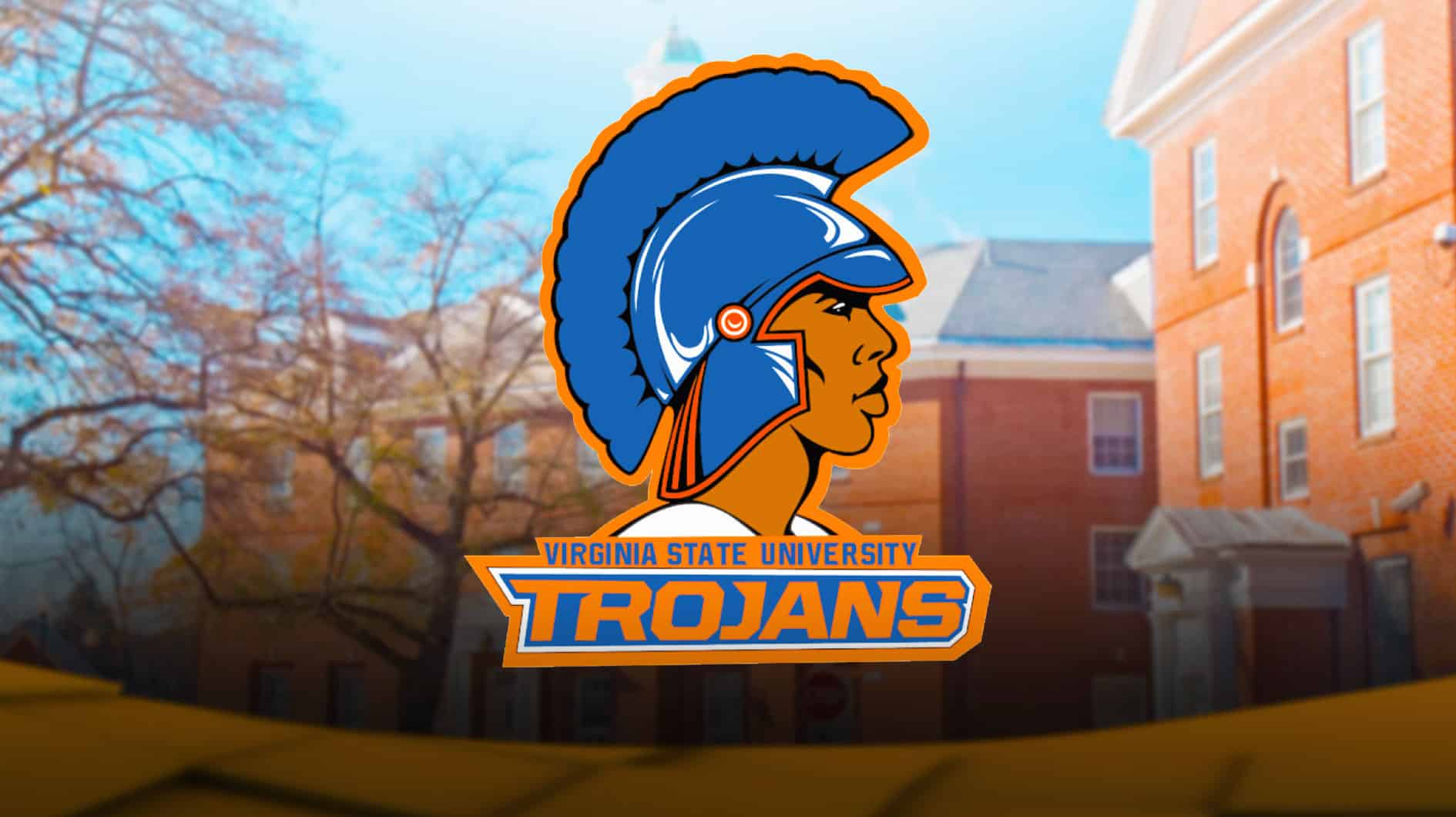There has been a major turning point in the ongoing three-year battle between Howard University and ten alumni. The lawsuit stems from issues of representation on the Board of Trustees. Last month, the U.S. Court of Appeals for the D.C. Circuit decided that the D.C. Superior Court should handle the lawsuit.
Following the removal of all student, faculty, and alumni positions from the Board of Trustees, ten Howard alumni filed the lawsuit in December 2021. The alumni accused the institution of violating its own bylaws by removing them, so they filed a lawsuit.
According to Judge Robert L. Wilkins, he failed to see a federal case on Howard’s bylaws in the appeal. Wilkins’ opinion on the lawsuit was shared by plaintiffs’ lawyer Donald M. Temple, a Howard alumnus. The formal title of the case is “Timothy Jenkins v. Howard University.”
“It’s not a federal issue; it is a simple issue, whether the university followed their bylaws,” Temple said. “So I think that’s more compelling in the state court, and the opportunity is going to be pretty much equalized because of the law.”
According to Howard’s legal team, the university was federally chartered under the 1867 Congressional Charter. This was also the time when the university bylaws were originally created, thus making it a federal matter.
Before being appealed to the federal level, the case against Howard went through the courts. The institution transferred the case from state to federal court after it was filed in the D.C. Superior Court. The alumni filed a motion to have the matter remanded to state court for reconsideration at the end of March 2022. The institution filed a motion to dismiss the case in May 2022, and the District Court granted it.
The alumni contested this dismissal, claiming that state law should apply in this case and contesting federal jurisdiction. The alumni’s triumph in the federal appeals court was the ultimate result of all of this. The history that preceded this lawsuit dates back to a number of university events that occurred after the 1867 charter.
Based on the history, alumni representation began on the board in 1924, and student positions were added to the board in 1970 following a protest in 1968. The lawsuit also states that from 2004 until November 2021, Article 1, Section 2, of the board’s bylaws declared that out of 35 members of the Board, “Three shall be designated as Alumni Trustees, two as Faculty Trustees, and two as Student Trustees.”
According to the lawsuit, problems for the alumni started during the COVID-19 pandemic since stakeholder elections were suspended at that time. Despite the fact that reelections are held every three years, the plaintiffs claim that six lawmakers were not reelected between April 2020 and June 2021.
In the same press release from September, the plaintiffs said they hope to do more with a court victory than just having all trustee posts reinstated. This involves the board disclosing its minutes, which are kept confidential for 25 years, and having shared representation in the university’s governance process.





